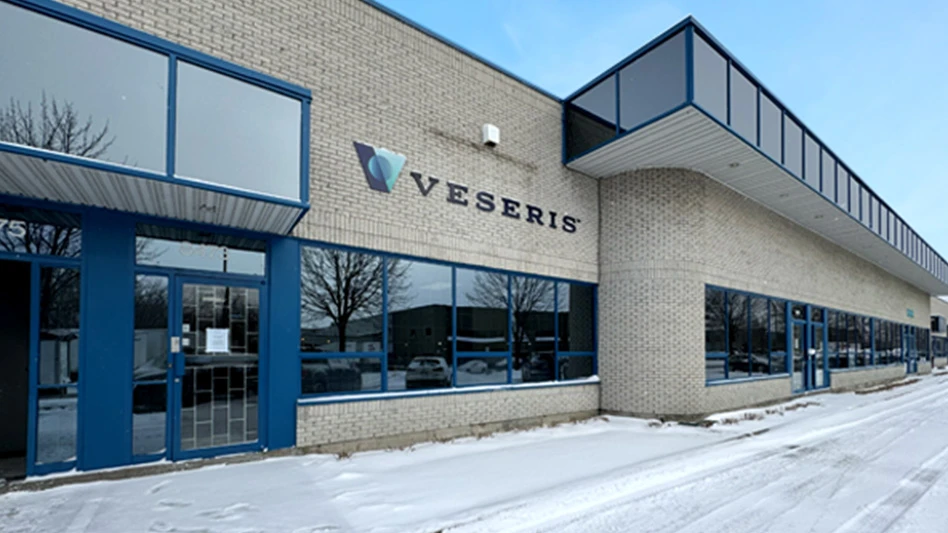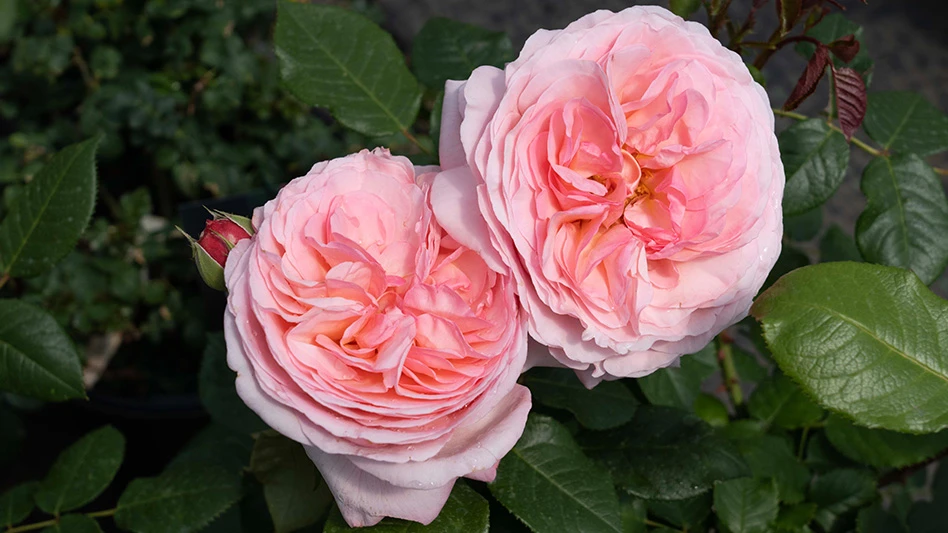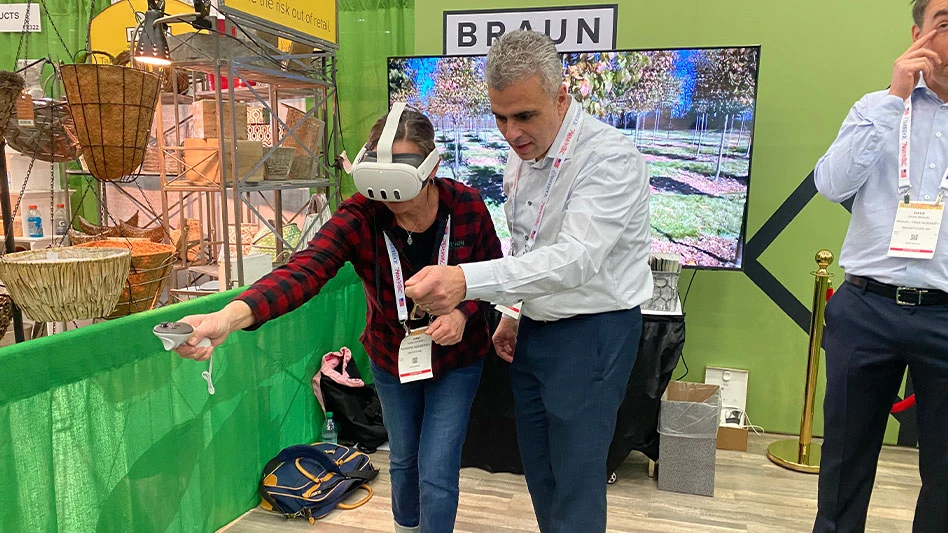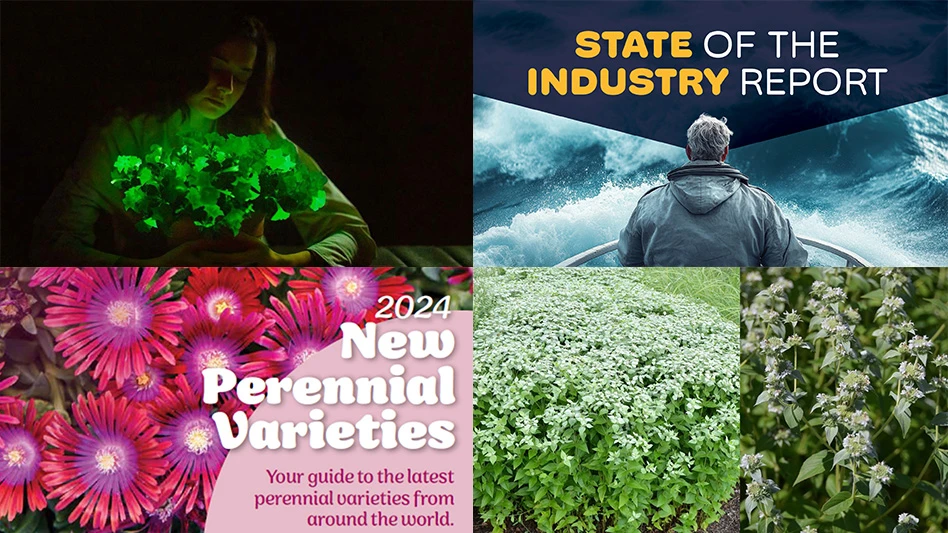 All-America Selections celebrates its 80th anniversary this year, and as part of the celebration, Greenhouse Management will interview a different AAS judge each month to talk about how he or she runs his or her business and what AAS means to them. This is the second installment of the 12-part series.
All-America Selections celebrates its 80th anniversary this year, and as part of the celebration, Greenhouse Management will interview a different AAS judge each month to talk about how he or she runs his or her business and what AAS means to them. This is the second installment of the 12-part series.
Jenny Kuhn has watched the industry change in recent years as companies go out of business and those that remain face increased challenges as a result of the down economy. As the industry has changed, Kuhn has also been challenged to stay ahead of those changes.
|
Raker & AAS Jenny Kuhn oversees the trial gardens at C. Raker & Sons Inc. in Michigan, and one of the biggest benefits she’s experienced in doing so is meeting other judges and knowing people at trial sites across the country. This has been particularly helpful because as she works with customers in other parts of the country, she may not know what a good heat-tolerant begonia is or what kind of pansy a customer in another region should grow. “My solution to that is developing relationships with other trial sites across the country and visiting the trial sites and talking to the trial managers and talking to sales reps and getting their feedback on those things, and saying, ‘Let me get back to you,’ and making that phone call to say, ‘How has this performed for you?’” she says. “ … Knowing judges and knowing people at trial sites across the country has broadened my field of people I can pick their brains on to get information.” She also sees the benefits of AAS and how it can help growers and consumers better choose products if they understand what AAS is and how it helps them make better product choices. “What I’ve loved is being able to tell people, ‘This is stuff you can purchase, you can grow, you can recommend to your customers and sell success,’” Kuhn says. “Ultimately, that’s what we want to do. It’s not about the marketing hype that Wave Petunias are going to do. It’s about knowing these are going to perform well for you. Having a pretty package on something that’s going to die in two weeks doesn’t do us any good as an industry. We want to be able to promote items that will truly perform for anyone in the country. It’s a tool for us.” |
One of the biggest changes she’s seen has been in ordering habits and how products are ordered.
“[There’s] less and less pre-ordering, more at once, and people are being very conservative and then needing more product last minute,” says Kuhn, who serves as product support for C. Raker & Sons Inc. in Litchfield, Mich. “As a plug and liner producer, that puts a lot of pressure on us to have availability at the last second and not eat it.”
To overcome that challenge, her team tries to speculate on certain crops that they know have a tendency to sell well.
“We’re very active in talking to all the sales reps to get a feel for where their bookings are,” she says. “We’re pushing them to make sure people are still trying to hit their sticking deadline so we don’t have to rely exclusively on speculation because that’s never a good way to go.”
 C. Raker & Sons in Michigan is an AAS trial site. The company started with seed-propogated items but has had to change to more vegetative items as product demand has shifted. C. Raker & Sons in Michigan is an AAS trial site. The company started with seed-propogated items but has had to change to more vegetative items as product demand has shifted. |
Part of that is staying close with the breeding companies.
“Some of it is just talking to the breeding companies and knowing how they market items and determine what’s going to be a big seller,” Kuhn says. “Breeding companies have a lot of marketing dollars, and you know they’ll be turning a lot out there, so you know there will be high demand.”
For example, Kuhn says that PanAmerican Seed is releasing Cool Wave Pansies.
“Anything with the Wave name is going to have instant recognition all the way down to the retail level,” she says. “By tying in this cascading pansy with the Wave name, and knowing historically that has been a very prominent marketing endeavor for anything related to Wave, the media and the trade magazines will be saturated, and there will be high demand for those items, even though we haven’t even seen them.”
And then another challenge for her has been the transition from mostly seed items to more and more vegetative items.
“We’ve seen a decrease in seed propagation,” she says.
Raker started out exclusively as a plug range growing only seed-propagated items, but in the last 10 years, it’s started getting into vegetative items. This has required Raker to remain flexible and develop relationships and retrofit its production range to accommodate rooting things from cuttings.
“There’s a lot of things that are driving that change because of the quality of the items from URCs are generally better,” Kuhn says. “You can’t get a truly good seed geranium when you start comparing them to the vegetative types. There are so many crops that can’t legitimately be done from seed. These are the new generation, the niche items, the things the industry is moving toward.”
For more: C. Raker & Sons Inc., (517) 542-2316 or www.raker.com
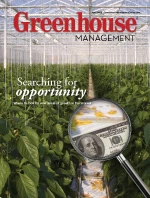
Explore the April 2012 Issue
Check out more from this issue and find your next story to read.
Latest from Greenhouse Management
- Metrolina Greenhouses donated more than $1 million in 2024
- De Vroomen Garden Products celebrates 100 years with new products, global celebrations
- ThinkPlants announces new shrub program
- American Floral Endowment 2025 scholarship applications now open
- Two Proven Winners ColorChoice varieties take top honors in Australia’s 2025 Plant of the Year
- Registration now open for 2025 National Floriculture Forum
- GardenComm hosting 10-session Winter Webinar Series
- Growing beyond the greenhouse
